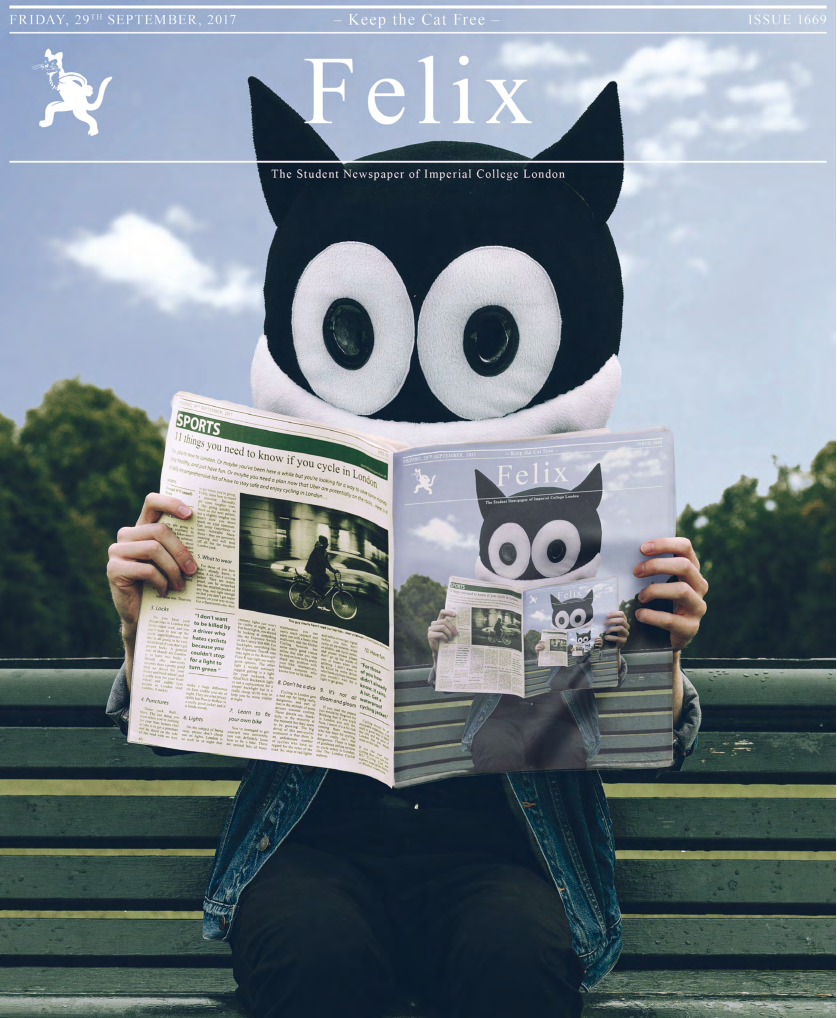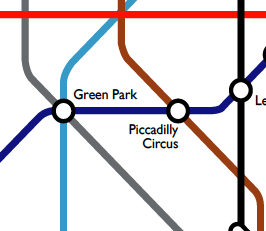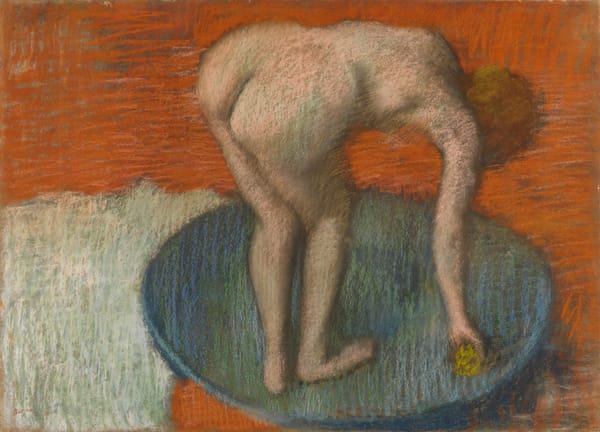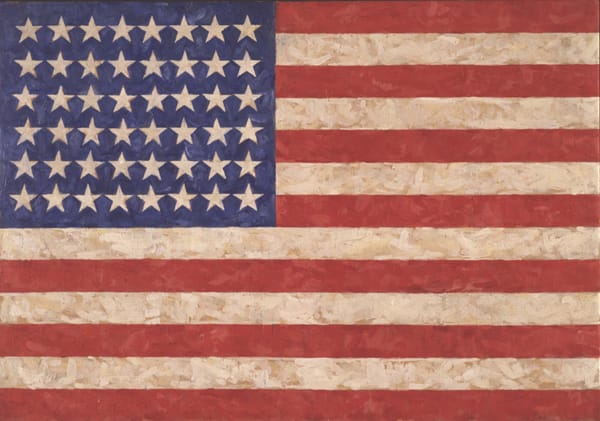Get to know your friendly neighbourhood Arts team!
Meet the Arts Editors for this year: Indira, Adam, and Jingjie!
INDIRA
Painting, making up stories, and endlessly ambitious crafts projects have been part of my life since early childhood. My writing in particular however never really found a focus until I came to Imperial. Maybe it was watching too much Gilmore Girls during my formative years, but the one thing I knew I wanted to do when I came to university, was write for the paper. It was at Felix, through writing reviews that my lifelong love of writing and the arts came together.
Society often places the arts and the sciences in direct opposition to each other, but that has never been my experience. Anything that broadens horizons, fosters empathy, helps us understand what might be happening in another person’s mind is bound to enrich any potential career, especially one as communication centric as medicine. I started med school with the vague idea of someday becoming a desi female Oliver Sacks, five years on, my love for medicine has sometimes wavered but I still see the path of being a doctor with a deep interest in writing and the arts as the best route of combining all my passions.
Studying at a university where only STEM subjects are taught can sometimes be stifling when you just want to get away from it all and escape into paintings and fiction, but it can have advantages. Imperial affords STEM students to get involved in and be at the helm of the clubs and societies dedicated to the arts, where at another institution students studying the arts formally may take the lead.
ADAM
At first, writing for Felix Arts was just a good way to bag some free theatre tickets; to see shows regularly in London can eradicate funds very quickly. As I began writing reviews, however, pieces of writing that weren’t rushed lab reports, I realised how much I’d missed non-technical writing.
At school, I was more of a natural at subjects like English but had to work harder in science and maths. I think that difficulty made me gravitate towards science in the end; the challenge made it seem like I was learning and not just indulging in a hobby. I don’t regret my degree choice, but I do regret how long it took me to come back to writing. I used to think I had to make a concrete choice: science or the arts. I think a lot of students at Imperial think that as well. There are no art students here serving as the first port of call to discuss Shakespeare, Beckett, or whatever other nerdy-artsy stuff that gets you going. You’ve got dig around before you find other Imperial students who also harbour the dirty little secret of liking the arts.
Nowadays, I’ve realised that I don’t have to pick between one or the other. In fact, I think Imperial students are in the unique and enviable position of sampling the full spectrum of human ingenuity that science and the arts have to offer. So, if you too are like I was first year, don’t feel like you’ve made your cold-clinical-heartless science bed and now you have to sleep in it. Do the digging around and you’ll find hundreds to like-minded folk here.
JINGJIE
From vandalising the walls of my home with stick figures as a toddler to studying English Literature at Edinburgh, my seemingly scientific inclinations have always been irrevocably entwined with art. I have always loved drawing and visual art, and studied it formally for a fair number of years. Literature is my other passion – words speak more to me than any science.
Science can never stand independent of art. I’m sure chemists see artistic beauty in their molecules, the molecular biologists appreciate the poetry of their pathways and proteins, and the physicists marvel at the elegance of their equations. As a medic, I see the practice of healing more as an art than a science, one that interweaves communication with problem-solving, scientific acuity and compassion. In my eyes, it is less of a problem “balancing” an interest in science and art than the impossibility of escaping from the connection between them. Going about life without an appreciation for the arts would mean missing out on a great deal of what life has to offer.
There is arguably a relative disadvantage to not having arts and humanities students in our artistic clubs and societies, simply because we lose out on the expertise that studying a degree provides. However, we do have a student body that is incredibly talented, and in my personal experience many STEM students have some cool extra-curricular interest. Perhaps we should then embrace the all-roundedness and diversity that pursuing both art and science entails.








